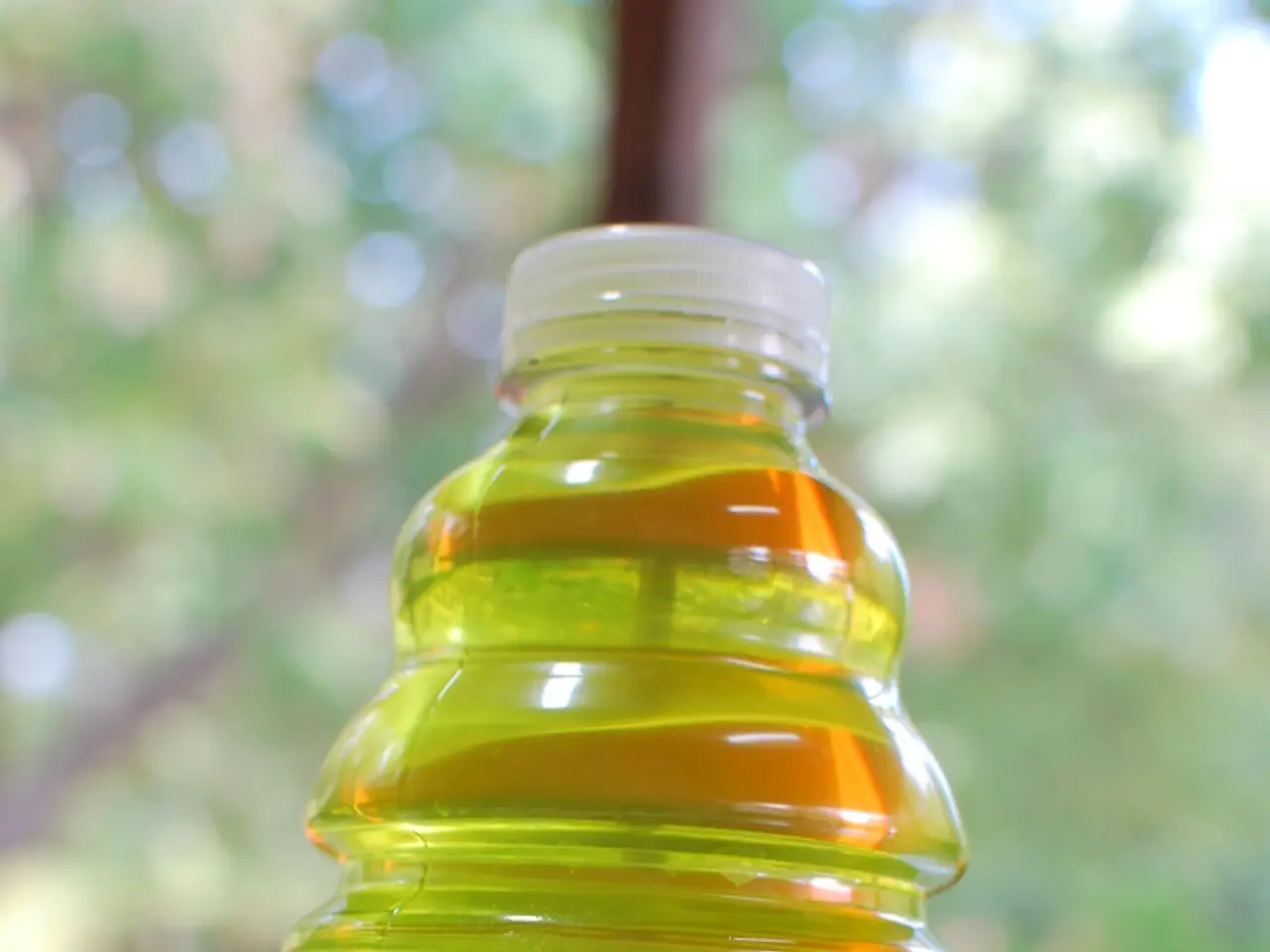Skin Health and Radiance Enhancement through Nutritional Strategies
A healthy skin diet is essential for maintaining skin health and achieving a radiant, youthful appearance. Here are some key dietary tips to help you nourish your body from the inside out:
- Load up on antioxidant-rich fruits and vegetables: Vitamins C, beta-carotene, and vitamin E are powerful antioxidants that protect the skin from oxidative stress, support collagen production, and maintain the skin’s natural barrier. These vitamins can be found in a variety of fruits and vegetables such as citrus fruits, strawberries, bell peppers, leafy greens, carrots, sweet potatoes, mangoes, nuts, seeds, spinach, avocados, and more[1][3].
- Include healthy fats: Monounsaturated fats, omega-3 fatty acids, and vitamin E help maintain skin hydration, elasticity, and reduce inflammation. Foods rich in these healthy fats include avocados, walnuts, flaxseeds, chia seeds, and more[2][3].
- Support gut health: A healthy gut microbiome reduces skin inflammation and improves skin conditions like acne through dietary probiotics and fiber-rich foods that promote digestion and immune function[3]. Consuming fermented foods like yogurt, kefir, sauerkraut, and kimchi can provide probiotics, while fiber-rich foods include fruits, vegetables, whole grains, and legumes.
- Stay well-hydrated: Beyond drinking water, consume hydrating foods rich in water content and electrolytes to maintain skin moisture and elasticity[3]. Foods like cucumber, watermelon, and oranges are excellent sources of water and electrolytes.
- Limit refined sugars and processed foods: These can negatively affect skin health by increasing inflammation and promoting skin issues[4]. It's recommended to cut down on fried foods and excessive consumption of highly processed foods.
- Consider additional nutrients: Selenium, an antioxidant, protects skin from damage and can be found in Brazil nuts, fish, and whole grains[5]. Zinc supports wound healing and regulates oil production, and can be found in nuts, seeds, legumes, and lean meats.
By following these dietary tips, you can create a skin-healthy diet that emphasizes antioxidant-rich fruits and vegetables, healthy fats, gut-supporting probiotics, adequate hydration, and minimized processed sugars and unhealthy fats, leading to glowing, resilient skin. Consulting with a dermatologist or a registered dietitian is always recommended for specific skin concerns.
[1] Nutrition and Your Skin: What to Eat. (2021). American Academy of Dermatology. [Online] Available at: https://www.aad.org/public/diseases/a-z/skin-care-tips/nutrition
[2] Healthy Fats for Skin Health. (2021). Healthline. [Online] Available at: https://www.healthline.com/nutrition/healthy-fats-for-skin-health
[3] The Best Foods for Healthy Skin. (2021). WebMD. [Online] Available at: https://www.webmd.com/beauty/healthy-skin-beauty-guide/best-foods-for-healthy-skin
[4] How Does Sugar Affect Your Skin? (2021). Healthline. [Online] Available at: https://www.healthline.com/health/how-does-sugar-affect-your-skin
[5] Selenium: Essential for Health. (2021). National Institutes of Health. [Online] Available at: https://ods.od.nih.gov/factsheets/Selenium-HealthProfessional/
- A healthy diet rich in antioxidant-filled fruits and vegetables, such as citrus fruits, leafy greens, and carrots, promotes skin health by providing essential vitamins like C, E, and beta-carotene.
- Instead of processed foods, focus on using healthy fats like monounsaturated fats, omega-3 fatty acids, and vitamin E found in foods like avocados and walnuts to maintain skin hydration and elasticity.
- By supporting gut health through the consumption of probiotics and fiber-rich foods, like yogurt, kefir, and whole grains, you can help reduce skin inflammation and improve skin conditions such as acne.
- To achieve vibrant, youthful skin, stay well-hydrated by consuming water-rich foods like cucumbers and watermelons, and consider supplementing your diet with antioxidants like selenium from Brazil nuts and zinc from nuts, seeds, and lean meats.




